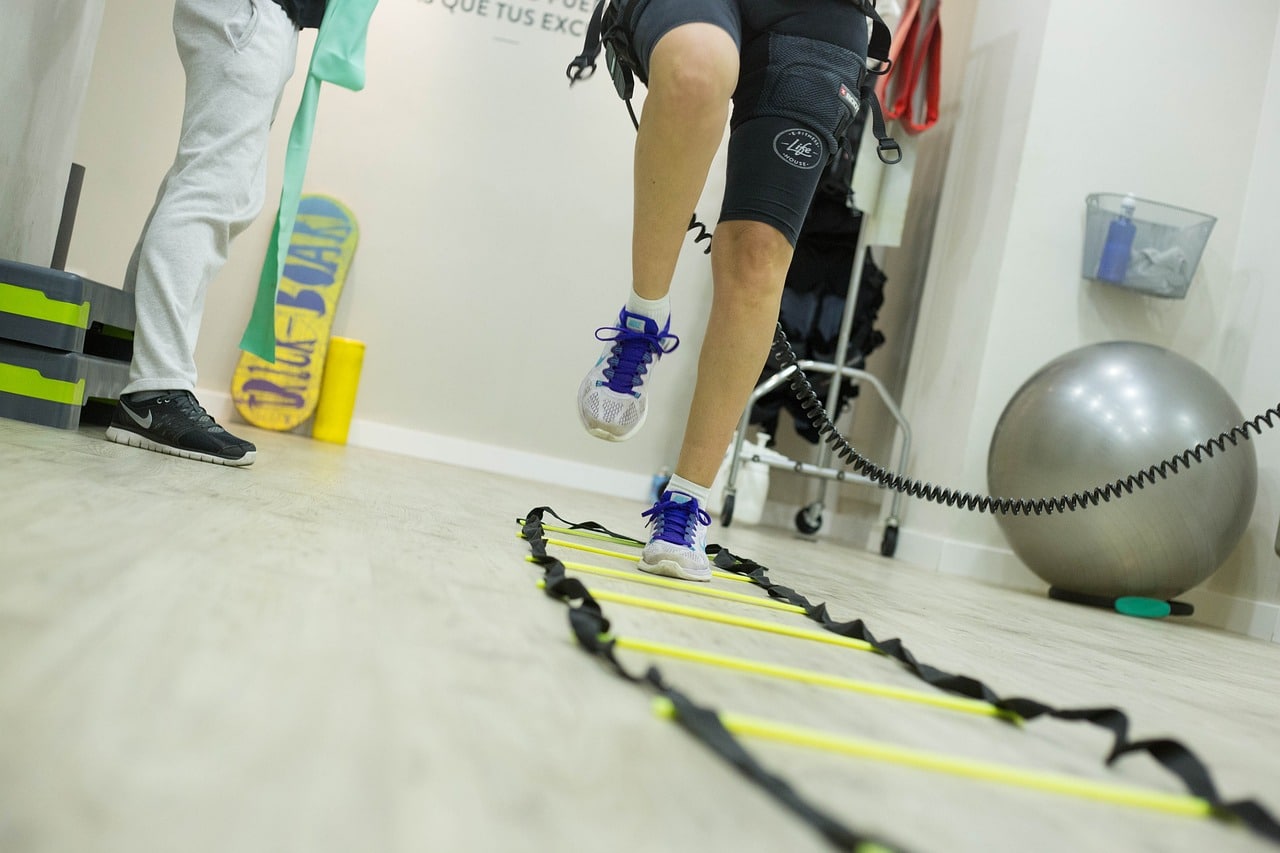The new legislation on rehabilitation, passed by the House plenum on Thursday, does not meet patient needs and fails to require service providers to undergo proper evaluation and inspection, federation of patients’ associations (Osak) and the Third Age Observatory said on Friday.
The new legislation regulates the licensing and operation of rehabilitation centres.
It divides centres into two categories, A and B, and introduces penalties of up to €100,000 for operating without a licence.
It also allows temporary exemptions for private hospitals, giving them more time to comply with the new criteria.
Osak criticised the law as being based on “a logic of administrative privileges” and said it undermines the very concept of rehabilitation.
The organisation said it had participated in meetings with Disy – whose MP Efthimios Diplaros leads the House health committee – but no changes were made to the bill.
It added that Akel had submitted amendments in July following consultation with Osak, and that these fully reflected its positions.
Only after meetings with Diko were some amendments adopted by the committee, Osak said, adding that its most essential demands were ignored.
According to OSAK, the bill exempts existing facilities operating under private hospital licences from the new evaluation process required of newly established centres, creating “a framework of unequal treatment.”
“Instead of being a tool for progress, the law traps a critical health sector in restrictions, inequalities and ambiguities that will directly affect the daily lives of thousands of citizens,” it concluded.
The Third Age Observatory echoed Osak’s criticism, expressing “strong disapproval” of the legislation.
It said parliament had not considered previous recommendations from patient associations and warned that the law “consolidates inequalities” and “undermines the right of patients to equal and high-standard rehabilitation.”
“Maintaining the artificial categorisation of centres into Category A and B, without any scientific or qualitative justification, establishes discrimination and creates a two-tier system,” it said.
The organisation also criticised the exemptions for certain centres, saying the framework as a whole creates ambiguities and fails to address the real needs of elderly and disabled patients.
Diplaros described the legislation as a social policy measure aimed at providing “quality and dignified care without exclusion.”
He warned of a “serious shortage” of beds and noted that existing centres currently operate without shared quality standards – one of the key issues the bill aims to resolve.
Diplaros rejected amendments proposed by Edek and Akel, saying they would undermine the progress made.
Edek MP Marinos Sizopoulos expressed concern about “attempts to create conditions for a monopoly,” saying his party had submitted three amendments to prevent market concentration.
Akel MP Giorgos Loukaidis, while acknowledging the need to regulate rehabilitation centres, strongly criticised the legislation. He said parts of the bill serve specific economic interests and warned that the health sector is “shaped by major financial interests,” with some prioritising private agendas over the public good.
Diko MP Panikos Leonidou welcomed the law, describing it as a decisive step toward addressing a long-standing problem in patient rehabilitation.
The health ministry will supervise implementation of the law to ensure access to the national health system (Gesy) for all citizens. It is expected to issue further decrees outlining the new operational standards for rehabilitation centres.






Click here to change your cookie preferences